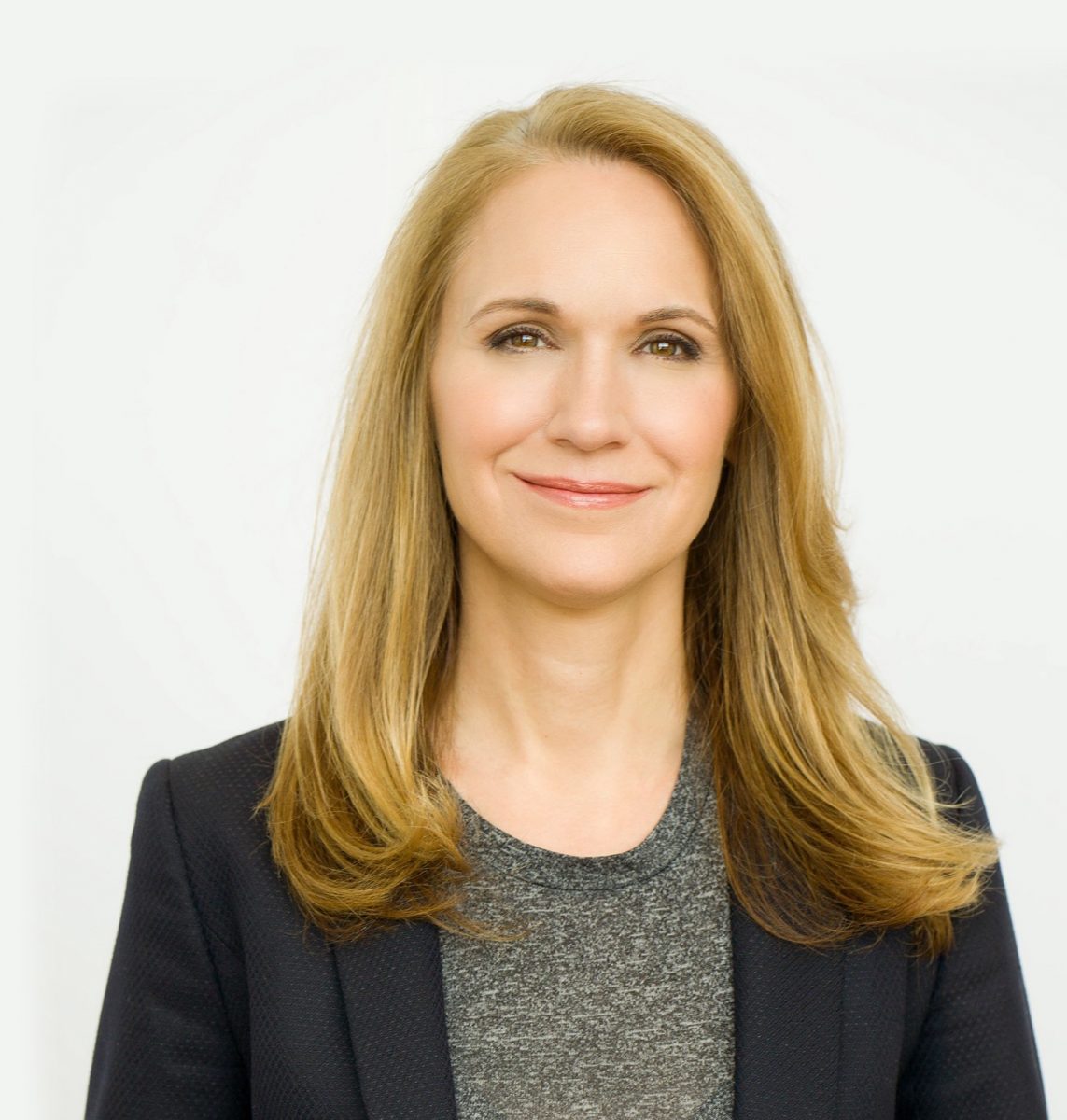7 November, 2018

Revolut is planning on taking on the world with their mobile-only approach to financial services. Their Head of Business Development, Andrius Biceika, believes that mobile-first services and products are the next big thing.
Andrius is also the co-founder of Salesclub.it, an exclusive community for professionals and C-level executives. Since Andrius made us the honor of being one of the speakers at the How To Web Conference this November, we asked him to give us some insights about the mobile-first approach.
Q1: What does mobile-first mean in the context of today’s mobile banking apps? Do mobile-first financial services have mass-market appeal to older people or do they appeal only to the younger generation?
Although mobile-first financial services might not seem to have mass-market appeal nowadays, the world is getting more digital, and this type of services will soon be widespread and appealing for an increasing number of people.
If we look at how mobile banking apps look nowadays, there is no single bank out there to offer “mobile-first” services. The mobile banking apps are an add-on to traditional banking services and are often based on unreliable, crappy technology.
At Revolut, we pride ourselves with providing not a mobile-first financial service, but a mobile-only service, and the impressive growth rate that we are registering in every part of Europe confirms that we have spotted this need early-on and we offer a solution that solves a painful problem for people. “Mobile-first” products are not appealing for millennials only , even today. If we take the example of our users, not all of them are millennials: with an average age over 30 and medium to high incomes, they are frequent travelers and tech-savvy people willing to take control of their money. They are happy with their product, and they actively refer it in their community: to their less tech-savvy relatives, to their parents and grandparents. This is an essential step towards going mass-market.
Q2: What are the main challenges in creating a mobile-first financial service? Is its product development different from a fintech app and is it more customer-driven?
The main challenge when creating a mobile-first financial service is earning your users’ trust. Trust is essential in fintech, it is hard to obtain and easy to lose, so this is the first and most crucial challenge to solve. The product development process in itself is not that much different for a fintech in comparison with another app: it should speak to the users in a language they use and they understand, it should be simple and straightforward. All product-development processes should be customer-driven and we pride ourselves that ours is customer-centric: we listen to the feedback we receive from our users to improve our product, and we have plenty of features that have been requested by our active users and are now live (such as Vaults, for example).
Q3: What are the downsides of mobile-first financial services from a business point of view? What is the best strategy to acquire those users who are accustomed to traditional banks?
There are no downsides of mobile-first financial services from a business point of view, just challenges that could be turned into opportunities with the right amount of hustle. Getting traction, in the beginning, is crucial for the success of the business, and we chose to do this by announcing our product and creating a signup list for private Beta. We had thousands of users registering for the private Beta, hence confirming that we have a product-market fit and we have a product that can scale and disrupt banking as you know it. As long as you focus on building a great product that solves problems for the people, quality users will come.
Q4: What’s the best marketing for a mobile-first financial service? How does the marketing strategy change as your business grows?
We’re approaching 3 million users with no paid marketing: as long as you build a great product that users love, it will market itself. The most crucial growth lever for us has been our fantastic community, active users that were involved in defining the product and kept recommending it further to their friends and family. Of course, instrumental in this growth was the way we communicated with our users: authentic, genuine, transparent! We invested lots of resources in building our communication channels: the Revolut blog, our social media presence. As we grow bigger and go mass-market, the approach to marketing will also have to change, and we will start exploring more traditional ways of marketing our product.
Q5: What do you believe are the main challenges for the current fintech ecosystem? Do you think that e-money licenses are a faster way to boost the potential of fintech?
E-money licenses are not a faster way to boost the potential of fintech. Each fintech has to be regulated depending on the type of services it offers and aims to provide in the future.
Looking at the financial ecosystem in general, the biggest challenge is building trust and increasing financial literacy and education for the general population. Sorting out this challenge will enable fintechs to go from niche products currently used by tech-savvy innovators and early-adopters to mainstream, mass-market products.
These are just a few insights on fintech and the mobile-first approach. However, if you are interested in finding out more from Andrius, you can find him and many other global experts at the How to Web Conference on November 19-20. Get your ticket now for a chance to share your thoughts with other founders and innovators.
You may also like
5 Questions with April Dunford (author and product positioning expert) - Part 2
Revolut is planning on taking on the world with their mobile-only approach to financial services. Their Head of Business Development, Andrius Biceika, believes that mobile-first services and products are the next big thing. Andrius is also the co-founder of Salesclub.it, an exclusive community for professionals and C-level executives. Since Andrius made us the honor of being one of… Read more »
5 Questions with Bob Moesta (co-architect of the Jobs-to-be-Done framework)
Revolut is planning on taking on the world with their mobile-only approach to financial services. Their Head of Business Development, Andrius Biceika, believes that mobile-first services and products are the next big thing. Andrius is also the co-founder of Salesclub.it, an exclusive community for professionals and C-level executives. Since Andrius made us the honor of being one of… Read more »






